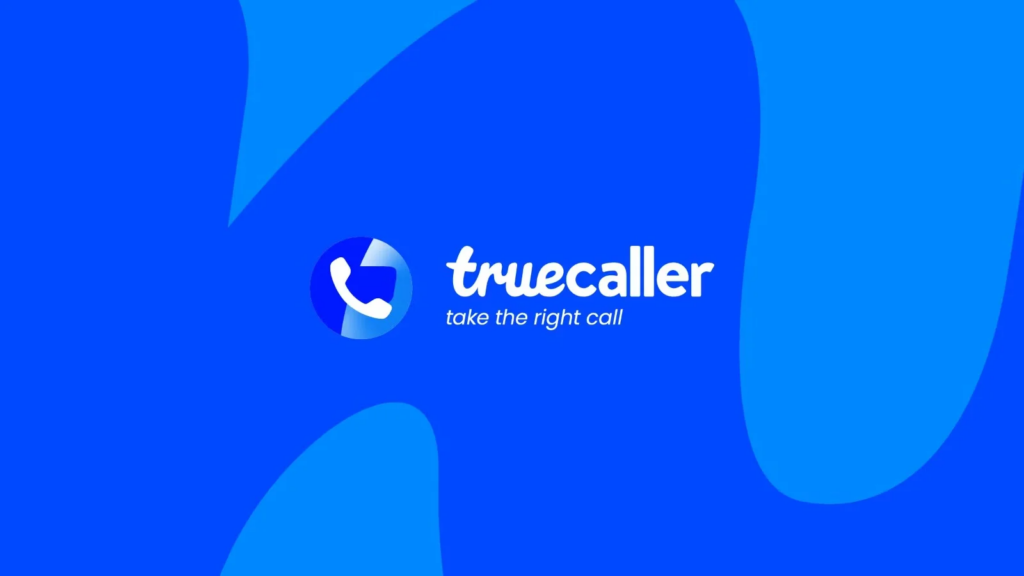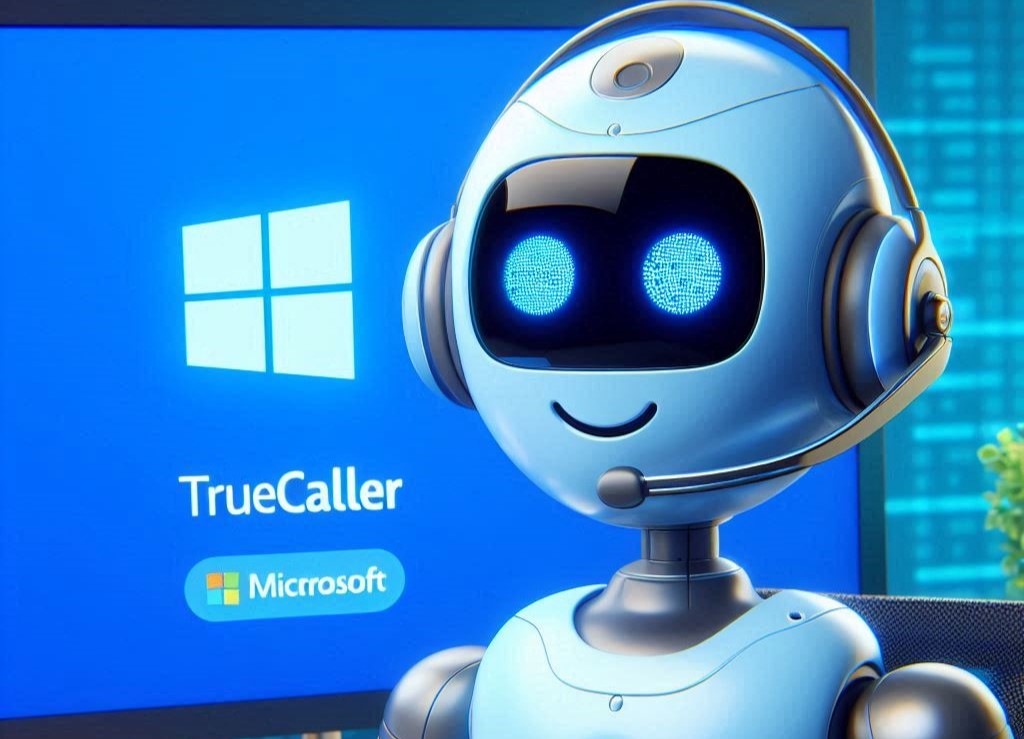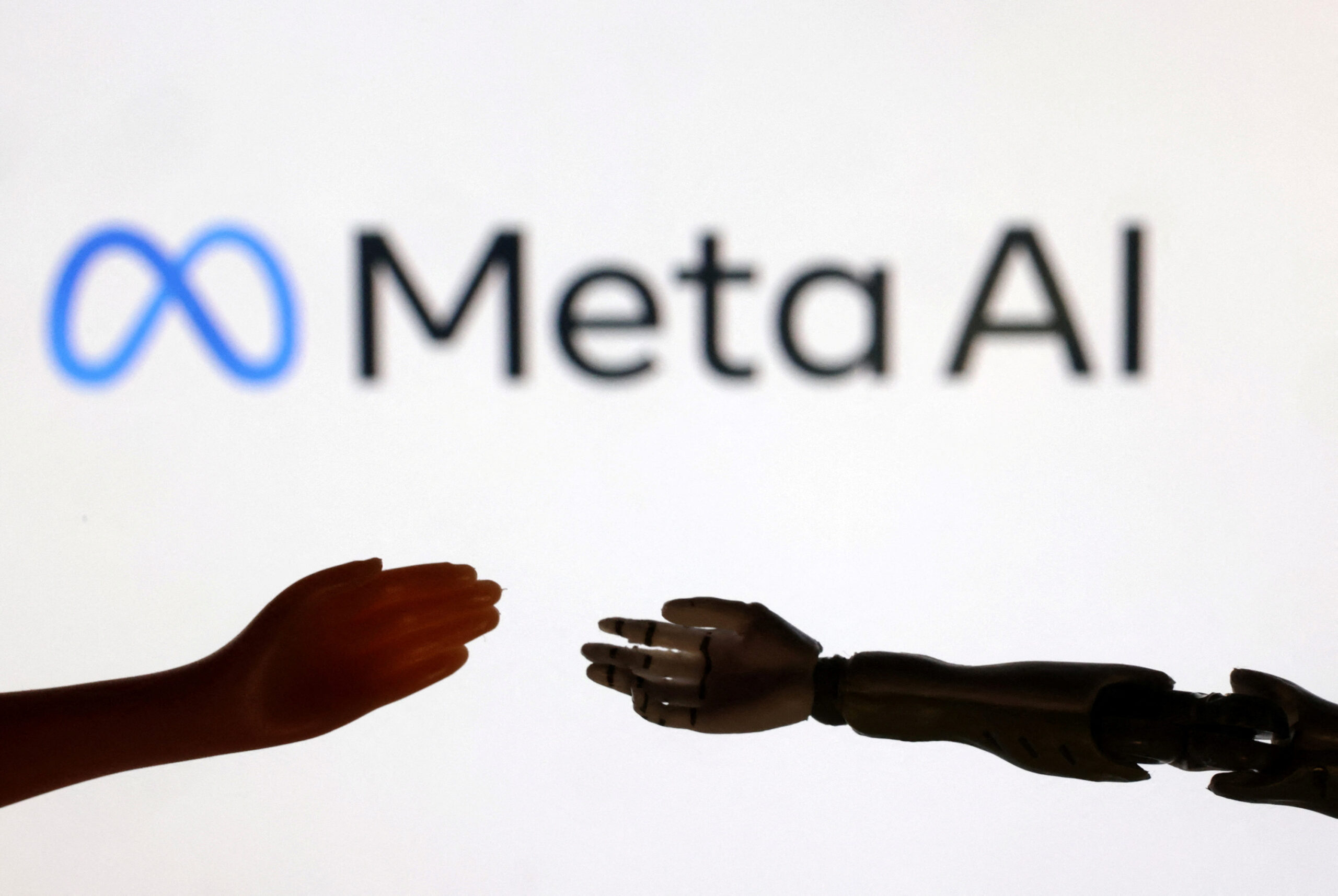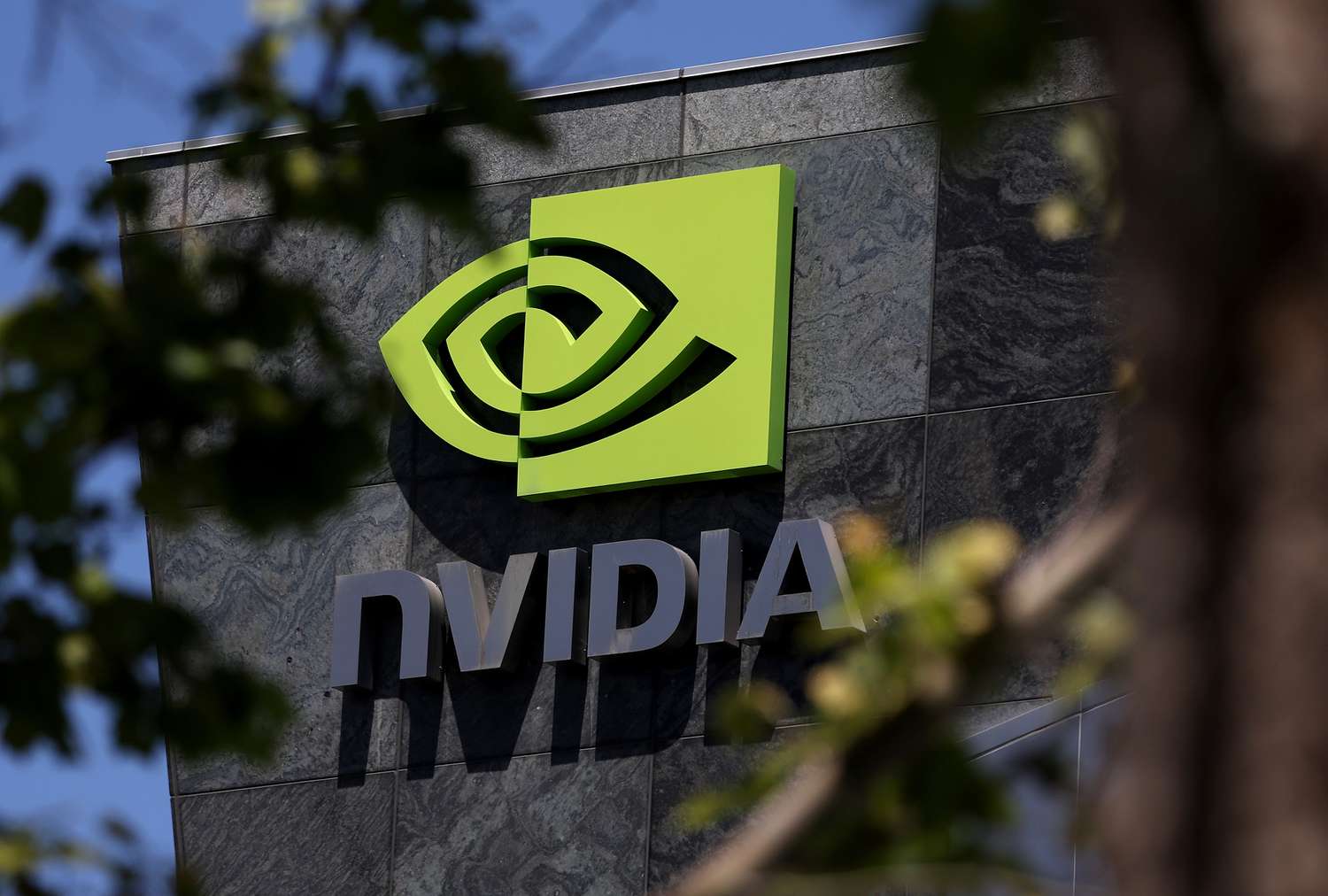After a partnership with Microsoft the Truecaller voice AI is set to gain permission to start responding to calls in the user’s voice.
Already, AI is displacing voice agents in the workplace. Corporations are investigating the feasibility of substituting the current computer-generated voice models with synthetic renditions of human voices. Truecaller, a well-known caller ID service, is the most recent to adopt this strategy; it recently announced that users will be able to receive phone calls in their voices using its AI-powered Assistant.
A collaboration with Microsoft enables the Swedish firm to utilize the Redmond behemoth’s Personal Voice technology, unveiled in November as an integral component of Azure AI Speech.
Paid users can access Truecaller’s Assistant, utilizing Microsoft’s Personal Voice to imitate their voices when answering and greeting calls. Furthermore, the digital assistance feature provides users with preset system-generated voice options. This feature aids in various tasks such as answering phone calls, screening unknown calls, taking messages, responding on behalf, and even recording calls for later viewing.
After providing consent, Truecaller users must record a brief narrative in their voice for a few seconds to generate a digital copy. This enables the Assistant to offer call responses using a digital rendition of your voice.

In general, Truecaller’s Assistant allows users to modify the template of the introductory salutation displayed to incoming calls. However, Truecaller verified to TechCrunch that the greeting template is restricted to users who provide their voice rather than one generated by the system. This is intended to alert recipients that the user’s voice is being converted to a “digital” format.
However, follow-up responses can be customized according to user preferences. The personal voice feature of Azure AI Speech, to which registration is restricted, additionally appends watermarks to the generated speech outputs to facilitate the detection of synthetic audio by a detector tool.
“We strongly believe that the incorporation of the personal voice feature into Truecaller Assistant will fundamentally transform the manner in which our users oversee their phone conversations and enhance their overall experience with the application. Delivering even more innovative solutions to our global user base, we look forward to further investigating the potential of AI-powered voice technologies in partnership with Microsoft,” said Truecaller Israel’s product director and general manager, Raphael Mimoun, in a statement.
In the coming weeks, Truecaller’s Assistant’s voice feature will be implemented in India, Sweden, the United States, Canada, Australia, and South Africa. After becoming available to public beta users, it will be made available to all users in the eligible markets.



